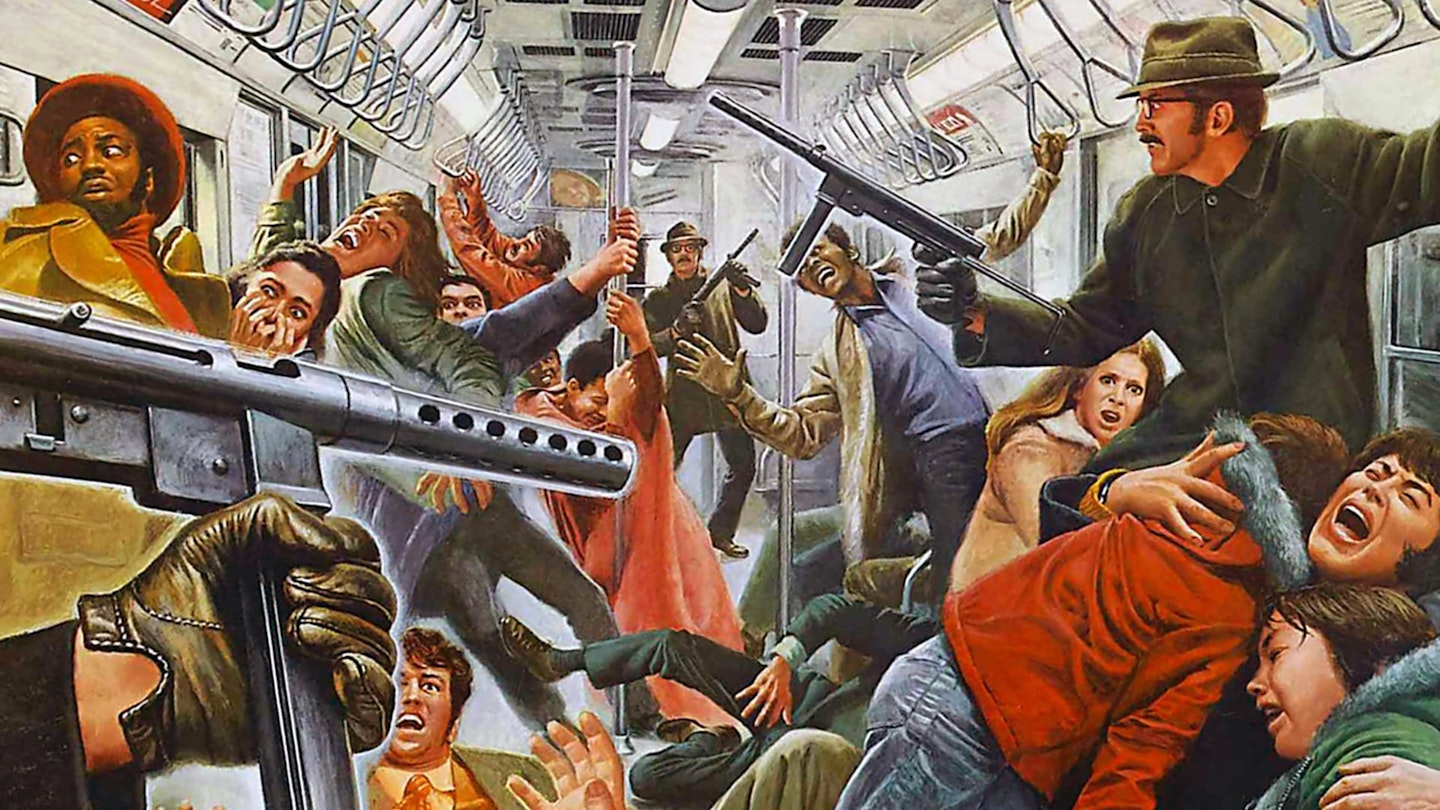The kind of gritty, relentless thriller that could only come from the ‘70s, Joseph Sargent’s subway suspenser is a hardboiled treat. A culturally influential flick (Quentin Tarantino would later nick the criminals using colours as codenames gambit for Reservoir Dogs; the Beastie Boys reference it in the song Sure Shot), it mixes traditional action licks, cat and mouse mindgames, political satire, male camaraderie and a decidedly Noo Yawk sensibility (all wrapped up in David Shire’s terrific blaxploitation-esque score) into a genre movie, without ever forgoing respect for the audiences intelligences.
Based on John Godey’s potboiler, Sargent plays out the premise of a subway hold up with a logical, ruthless efficiency, creating the set-up in crisp clean tones (as we meet Garber, he is giving a delegation from the Tokyo subway system a guided tour of the control centre, imparting lots of knowledge the audience will need later) and then wringing out the hostage crisis for every drop of tension. The core relationship of the film, between Shaw’s cold eyed crim and Matthau’s wisecracking cop, is terrifically etched, especially considering it is conducted entirely over the radio. Shaw’s Blue, a former Brit Army colonel and mercenary, is another one of the actor’s gallery of terrific villains, coolly flicking through the pages of a puzzle book as he bargains with people’s lives.
If the film has a weak spot, it is that the passengers — a pimp, a wise old man, a mother with 2 snotty kids — are too thinly drawn and stereotypical, too overtly designed to be a cross section of the general public. But this shouldn’t detract from what is a terrific exercise in thriller making.


